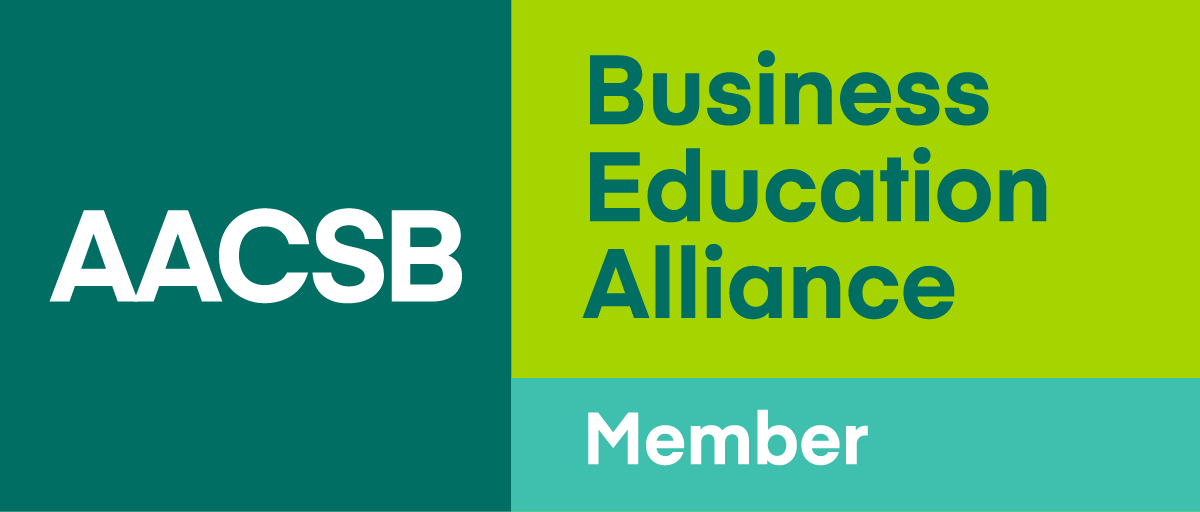【CM CSR】Achievements in the activation of farming communities by using university resources to promote circular economies
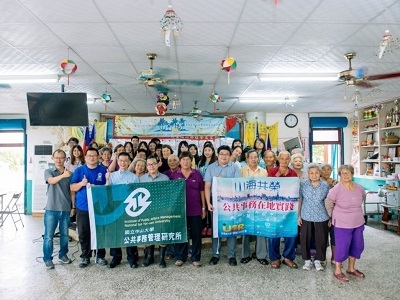
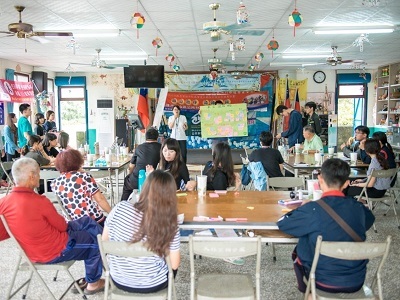
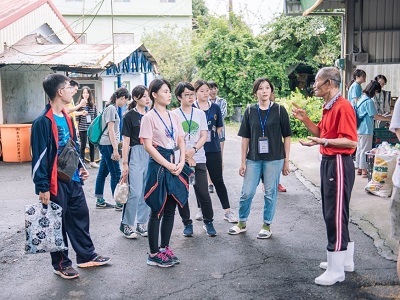
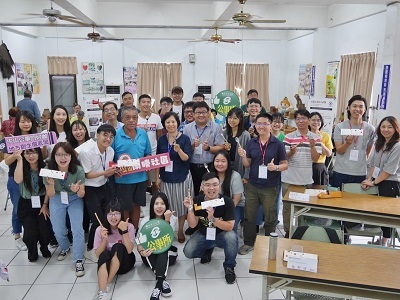
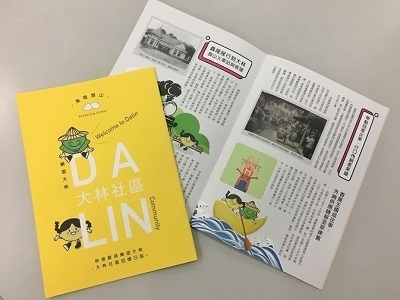

Numerous local communities are firmly committed to the promotion of tourism and value-added agriculture. However, they often face bottlenecks in transition processes. A rapidly rising number of local universities invest academic resources in community development and service innovation through provision of new ideas and organization of activities. Teams of students and faculty members of the Institute of Public Affairs Management assist communities in the review of current issues through planned guidance activities and propose feasible development strategies after discussions with local residents.
For instance, in the Internship in Agro-communities course designed by the institute, students organize citizen participation workshops and environmental courses to empower themselves and the community residents. Student teams led by faculty members are dispatched to local farming communities to engage in practical work and build rapport with local citizens by using existing community development efforts, third-sector management expertise, and information events with integrated local characteristics. Participating students gain a good understanding of farming community development needs through field interviews and event participation. They also take inventories of local resources and help local residents develop community improvement plans. The achievements of this internship course over the past two years are as below.
In 2018, the Institute of Public Affairs Management organized a “Tranquil Summer – Youth Enlightenment Experience Camp Program” in cooperation with the Dalin Community in Kaohsiung. A team comprised of students from different fields surveyed the farming community and engaged in discussions and brainstorming to assist in the promotion of lemon products. They also created a community documentary to record iron forging techniques which have been passed down from generation to generation as well as the Kuwa (ritual shrine) culture and surnames of plains aborigines.
The goal lies in the preservation of community culture and traditions. In addition, the Institute organizes Vision Workshops to design feasible, innovative initiatives for the promotion of community products, cultural preservation, and tour itineraries. These workshops aim to achieve a synthesis of traditional industries in farming communities and youth creativity and to develop economic activities in line with local needs. Such outcomes could prevent over-similarity among farming communities as they all try to transform their business models.
In 2019, the Institute continued its Dalin Community Development Program and added a cooperation project with Nansheng Community, Kaohsiung to demonstrate its firm commitment to strengthening the unique characteristics of local agricultural products and the perpetuation of local humanistic history. The goal lies in the realization of placemaking spirit through the activation of community industries and cultural preservation coupled with an intensification of social engagement and increased contributions by universities.
As for the Dalin Community, Associate Professor Chin-Chang Tsai of the Institute conducted further discussions on the needs of the community with a focus on the collection of community memories and refinement of existing processed agricultural products. A “Community Memory Journal” (humanistic and industrial history of the community written for easy reading) and a “Lemon Essential Oil Cleaning Mousse” (with redesigned packaging and marketing strategy) were created based on field surveys and discussions with local residents and professional designers. These two products deeply impressed the community residents and generated substantial benefits for the community.
Another team led by Assistant Professor Cheng-Hsun Hsieh proceeded to Nansheng Community to assist in the conversion of waste wood of lychee trees into creative products. Hand-made tableware made of local lychee wood generated popularity and business opportunities for the community. A team of experts was invited to provide expertise and important reminders related to product design and woodworking techniques. The goal was to assist the community in the redesign of handicraft products made of lychee wood and DIY hands-on experience activity processes, which is conducive to sustainable operations and realization of local revitalization in the future.
The Institute believes that the joint efforts by local communities and the institute in the promotion of circular economy concepts with innovative directions for local industries fully match the three key dimensions – economic growth, social progress, and environmental protection – embraced by the UN in its SDGs. A simultaneous emphasis on the promotion of local cultural tourism and the adoption of concepts pertaining to sustainable production and coexistence with nature facilitates a balance between traditional agriculture and ecological sustainability. The Institute hopes to promote these concepts to consumers to ensure the fulfillment of environmental responsibility in production and consumption processes.
In the future, the Institute will keep using its resources in education and research to solve local issues. It will continue to establish links with local communities, take inventories of local resources, match enterprises with communities, and promote multilateral interactions, and boost community industries. The goal is to integrate industries of various communities in southern Taiwan, and maximize synergy effects in the highlighting of unique features of transition processes. The ultimate goal is to present the multiple facets of agro-communities to the general public and raise public concern of local issues.


